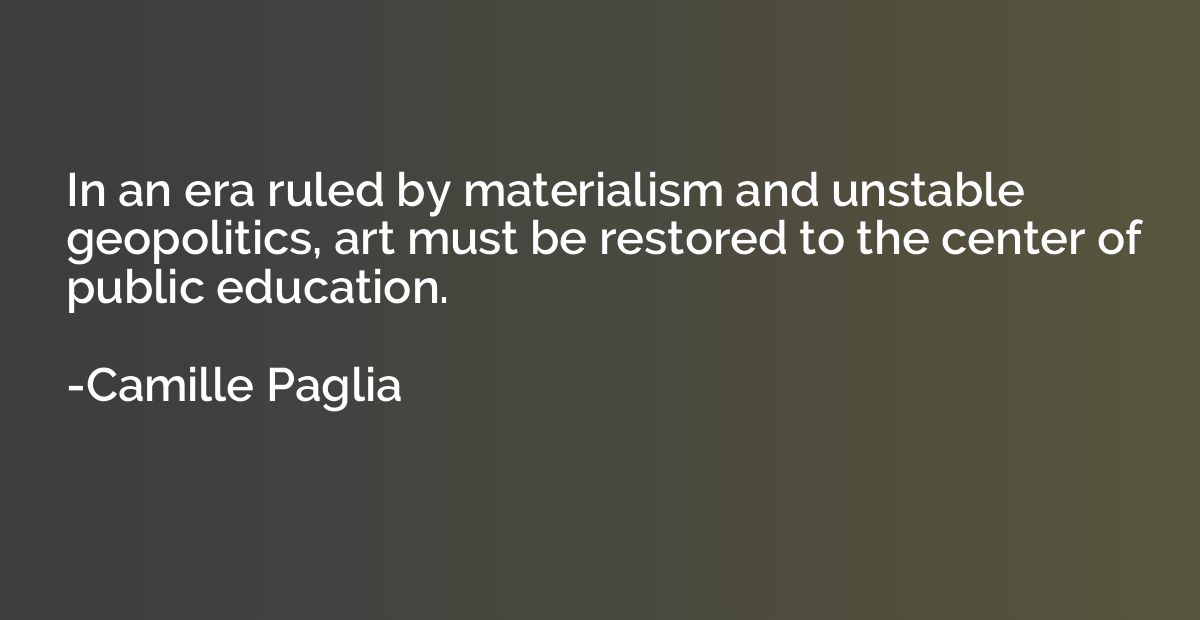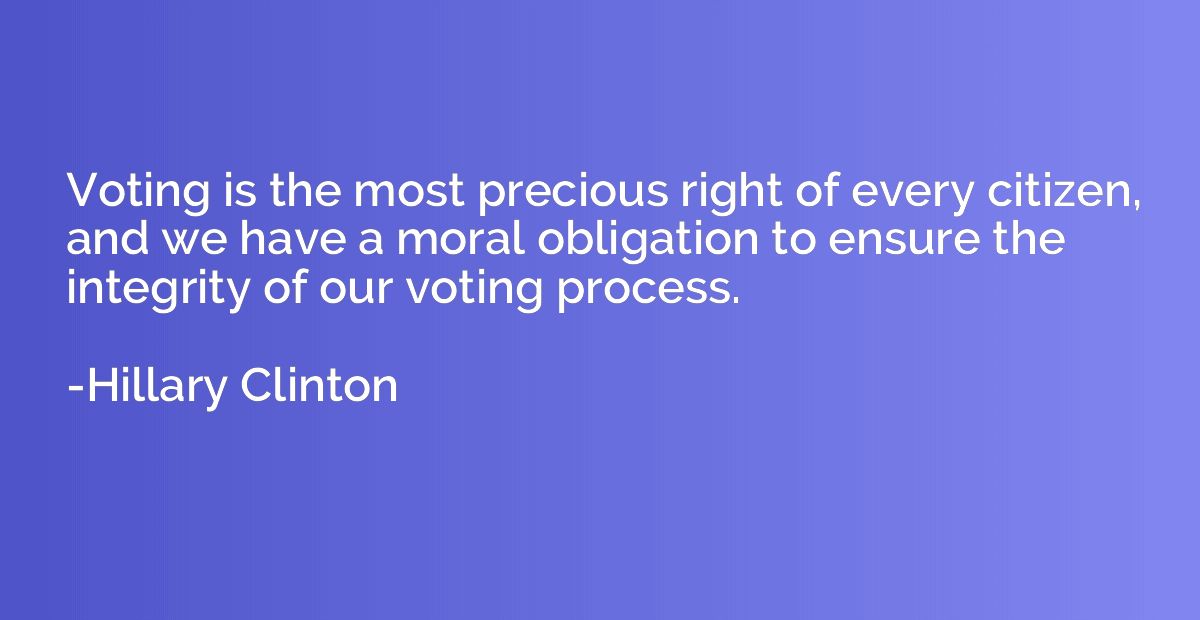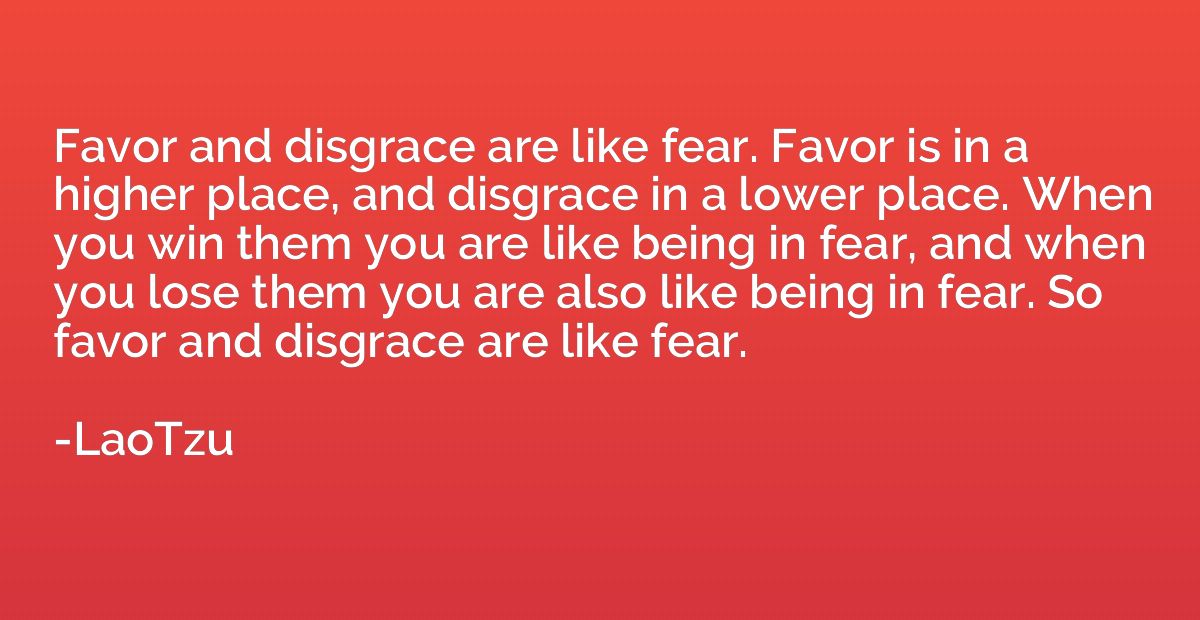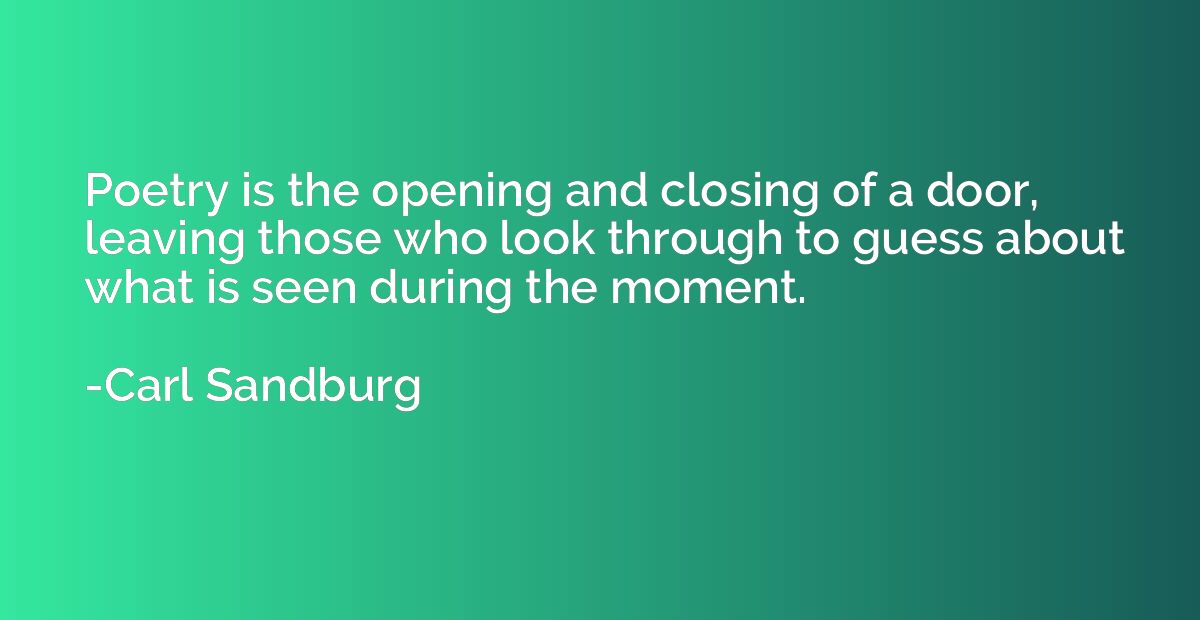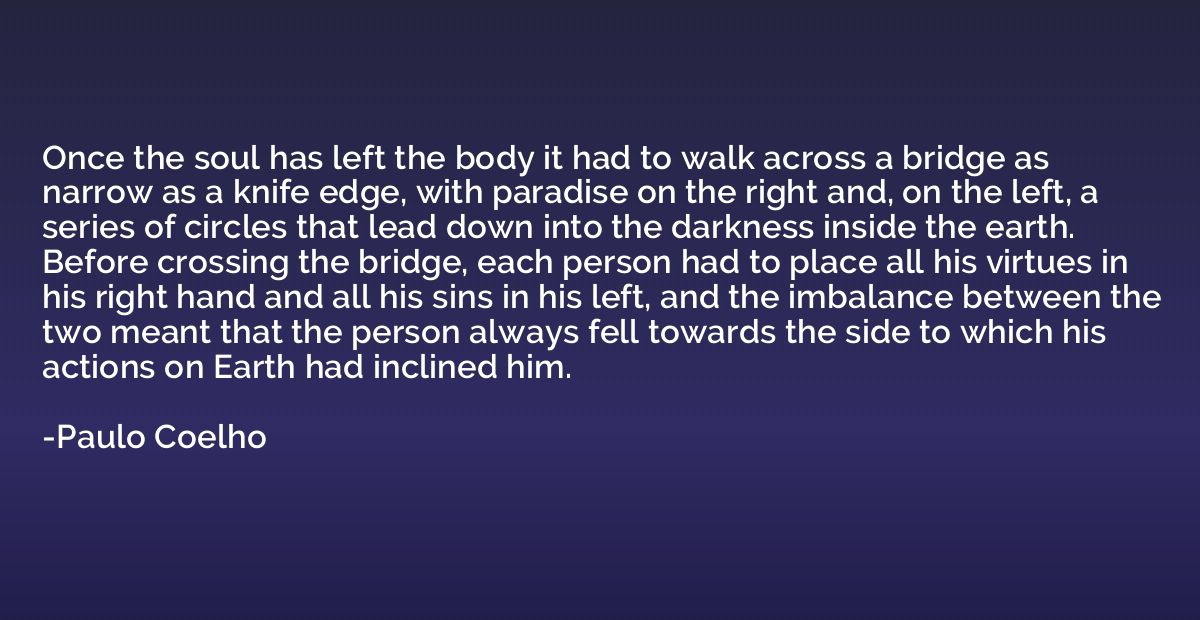Summary
This quote suggests that comedy often stems from finding humor in the misfortunes or suffering of others. It implies that tragic events become comedic when they occur to someone else, as it distances us from the pain and allows us to laugh at their expense. This concept highlights the contrast between experiencing a personal tragedy versus perceiving it from an outsider's perspective, where it may be seen as amusing rather than distressing. It touches upon the underlying human tendency to find humor in the hardships faced by others, possibly as a means of relief or escapism.




